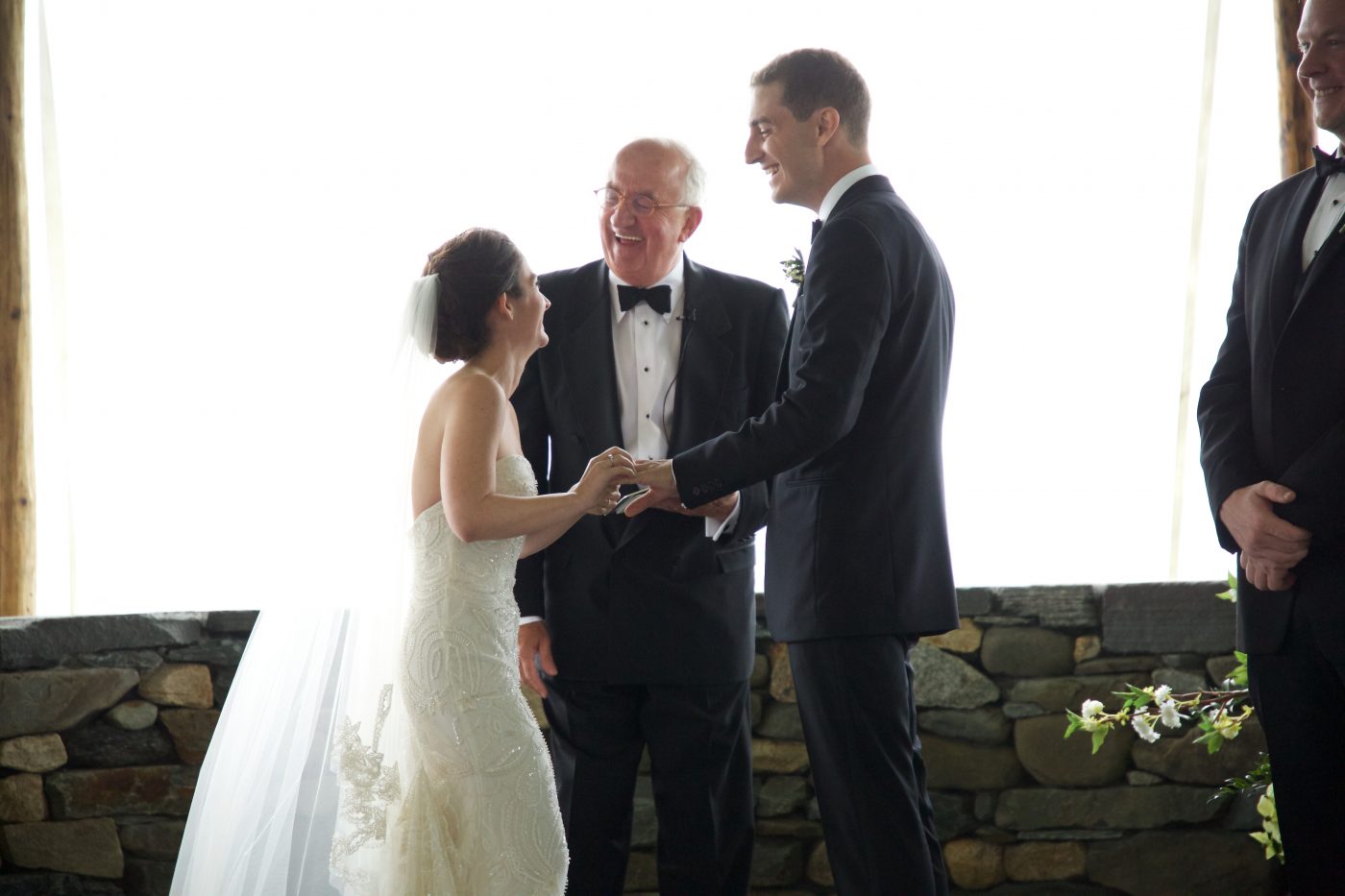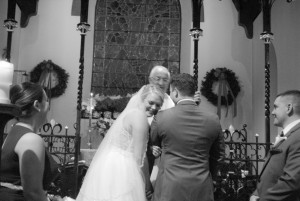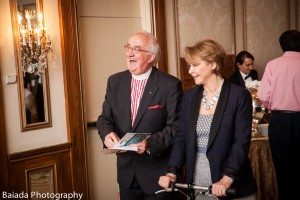 1. Accessibility When questions and uncertainties are pummeling you about rehearsal and wedding, order of service and readings, you need to feel the officiant is accessible. Accessible by email, text, mobile… just somehow accessible. Accessibility also means a personal connection; the conversation is best two-way so that the engaged couple feel some knowledge of the person honored to marry them.
1. Accessibility When questions and uncertainties are pummeling you about rehearsal and wedding, order of service and readings, you need to feel the officiant is accessible. Accessible by email, text, mobile… just somehow accessible. Accessibility also means a personal connection; the conversation is best two-way so that the engaged couple feel some knowledge of the person honored to marry them.
2. Adaptability. Wedding Officiants must be able to adapt and not be restricted by any fixed pattern they have used. Stuff happens… a bride faints, a baby yells, an adult groomsman wets his khaki pants (yes, I was there), bride and groom say they have objections to their marriage (yes, I…), the family singer is awful and more. There is a gifted poise that enables the officiant to set people at ease, deal with any situation and gently, graciously continue with the wedding.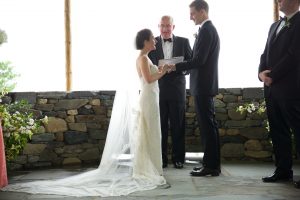
3. Dignity/Depth. Dignity/Depth does not mean pompous, removed, distant and cold. Dignity/Depth means that your officiant recognizes that your wedding is a profound affair. Certain behavior to somehow “win over” the crowd is simply inappropriate and demeans what is happening. Generally, depth is best found in the officiant who understands the spiritual life and recognizes its presence in all people.
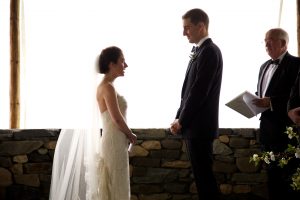 4. Elegance. Bride and groom, bridal party, family and guests have spent much time, energy and cash on attending a wedding dressed with some elegance. How wrong if the officiant, to whom all eyes are turned, appears somewhat unkempt. Dressing with elegance is both appropriate and honors the couple and the ceremony.
4. Elegance. Bride and groom, bridal party, family and guests have spent much time, energy and cash on attending a wedding dressed with some elegance. How wrong if the officiant, to whom all eyes are turned, appears somewhat unkempt. Dressing with elegance is both appropriate and honors the couple and the ceremony.
5. Experience. Experience is not the unchanging commitment to “the ways things have been done before” but it carries personal knowledge of different situations. Look for an officiant accomplished in situations such as… outdoor/indoor weddings, ceremonies in church or on site, spiritual but not religious couples, Jewish-Christian, Hindu-Christian, Moslem-Christian, Straight/Gay Weddings. Tell the officiant what you want in the wedding ceremony and expect him/her to draw upon a wealth of experience.
6. Graciousness/Welcoming. The majority of couples are being married for the first time; even those being married after divorce/long-term relationships are anxious. Bridal parties want everything to go well for their friends; families want “perfection” for the ceremony and harmony among the guests. The officiant, at every stage of pre-wedding conversations and rehearsal and wedding (and after the wedding!), must set a welcoming tone and exude a graciousness that permeates the ceremony.
7. Humor/Wit. To laugh is a liberating, healing and unifying experience. The guests who feel somehow isolated, apart, will sense community as laughter is shared. This is not humor simply for humor’s sake showing that the officiant is “one of the group” or has a sense of humor. Humor/Wit helps to relax its hearers and should always be expressed with some relevance and appropriateness. Often the unexpected in the ceremony is best dealt with by humor.
8. Openness/Understanding.
Preparing for a wedding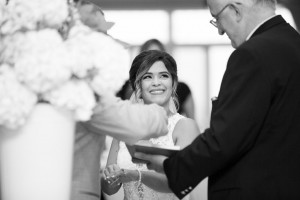 can be daunting; everybody has questions and opinions, not everyone is committed and has time to listen to what the couple is trying to say about the ceremony and to each other. Remember the ceremony is a sort of “mission statement” by the couple about their ambitions for their marriage. The officiant is able to lay aside his/her agenda for a while and be open to what is on the minds of the couple.
can be daunting; everybody has questions and opinions, not everyone is committed and has time to listen to what the couple is trying to say about the ceremony and to each other. Remember the ceremony is a sort of “mission statement” by the couple about their ambitions for their marriage. The officiant is able to lay aside his/her agenda for a while and be open to what is on the minds of the couple.
9. Trust. The couple must be able to trust the officiant. Trust that nothing personal discussed in private will be shared, in any way, in public. Trust that once the ceremony begins, the officiant will be in control and nothing will throw him/her off balance nor will cause them to panic. Trust!
Oh, and…
10. A British Accent with just a little wild side!

